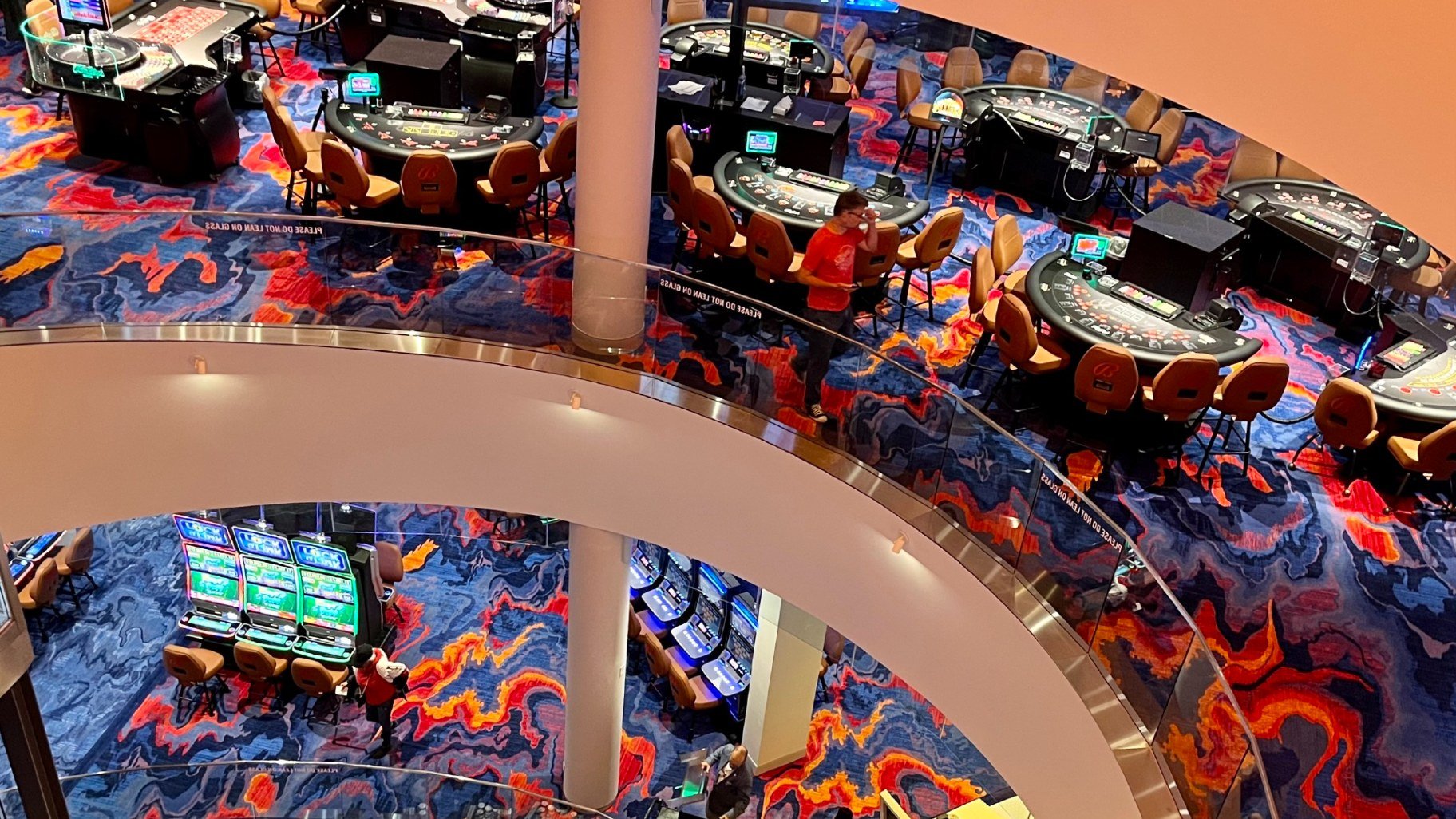
Casino games have long been a significant aspect of human culture, providing not just entertainment but a captivating reflection of our dreams, ambitions, and fears. From the spinning reels of a slot machine to the strategic gameplay of poker, these games embody a range of human emotions and events. At their core, casino games are not just a chance to win money; they are a reflection of life itself, where risk versus reward merge and luck can change in an instant.
As players gather around tables or sit in front of glowing machines, they engage in a ritual that transcends mere gambling. These games echo our natural desires for relationships, adventure, and the search for fortune. They also disclose deeper truths about human behavior, such as our relationship with luck and the excitement of risk. In exploring casino games, we reveal not only the nuances of play but also the complex weave of the human experience, showcasing our interconnected narratives of aspiration and reality.
The Mind Behind Gambling
Gambling is intrinsically connected in human psychology, tapping into various feelings and desires. The thrill of taking risks is a core aspect that draws players in, be it it’s thrill of spinning a roulette or the excitement of drawing a winning hand in a poker game. This rush of adrenaline is often compared to other forms of excitement, as the uncertainty of outcomes triggers a distinct psychological response. Gamblers often become entranced by the chance of winning big, leading to an almost magnetic draw toward gambling games.
Additionally, an essential component of the psychology behind gambling is the concept of optimism and ambition. Players often nourish dreams of financial freedom and the opulent lifestyle that can accompany winning. This optimism fuels their continued participation in gambling, as it provides a sense of meaning and the belief that a transformative win could be just one bet away. The story of beating the odds and achieving success resonates with many, reinforcing their dedication to play and involve themselves with these games.
Finally, social dynamics play a crucial role in gambling psychology. Casino environments are designed to promote social interaction, where players gather to share the journey of wins and losses. This shared aspect not only enhances enjoyment but also affects behavior, as individuals often imitate the actions of others in their vicinity. The social validation found in shared excitement can enhance the emotional experience, making casino games a mirror of not just personal desires but also shared involvement within the gambling community.
## The Dual Nature of Risk and Reward
Gambling activities embody the delicate balance between risk and reward that resonates profoundly with human psychology. The rush of placing a bet is often accompanied by a rush of adrenaline, as players are confronted with the chance of striking it rich, yet fully aware of the risk to lose. This twofold experience reflects a fundamental aspect of life: the choices we make often come with inherent risks, and the pursuit of reward can drive us to make risky moves we might not normally consider. In this way, casino games reflect real-world choices, enticing gamblers to gamble not just their capital, but also their hopes.
The allure of grand jackpots and winnings fuels a wave of hope, inspiring gamblers to imagine a more promising future that could manifest from a lucky spin of the wheel or flip of a card. This hope can compel individuals to engage in riskier behaviors, encouraging them to extend their limits in search of economic benefit. However, just as in life, the results of these decisions can lead to both triumph and loss. The stories of both jackpot winners and those who have faced losses everything at the tables demonstrate the random nature of chance and its consequential repercussions on our futures.
Ultimately, the experience of engaging with gambling activities serves as a vivid illustration of the nature of humanity. Every session played is filled with the tension of ambiguity, as gamblers weigh the gains against the dangers. This interaction not only highlights the excitement that comes with betting but also exposes the risks that come with the longing for more. As we navigate the complexities of decision-making and results in both the casino and in life, we find that the search for benefit shapes our character and journeys in significant manners.
Culture and Isolation in Gambling Culture
Gambling environment is a unique combination of communal engagement and individual pursuit, reflecting the tensions of human experience. Players often come together around tables, sharing in the thrill of the action, celebrating wins, and commiserating over losses. This social aspect is crucial, as it establishes a sense of belonging and bonding among varied groups of individuals. Regular visitors to casinos may build friendships and develop routines, turning the gambling venue into a second home where they feel linked to a greater community of gamblers.
However, the appeal of casino games can also lead to isolation. As individuals become immersed in the excitement of gambling, they may withdraw from personal relationships or fail to interact with the environment outside the gaming space. For some, the pursuit of a jackpot can distract from real connections, leading to loneliness. The situation of being among others yet feeling solitary is not rare, as the attention shifts from collective fun to the private concerns of each individual’s path.
This interplay of community and solitude creates a rich tapestry that defines casino atmosphere. Đăng Nhập 69VN https://69vncom.gg/ It highlights the intricacy of human interactions, where joy and despair coexist. Casinos serve as both a refuge for social engagement and a platform for individual struggles, illustrating how deeply entwined our yearning for companionship and the personal quest for wealth can be. In navigating this environment, gamblers confront their own narratives—seeking both the rush of the wager and the fellowship of other gamblers, ultimately mirroring the wider spectrum of human experience.
